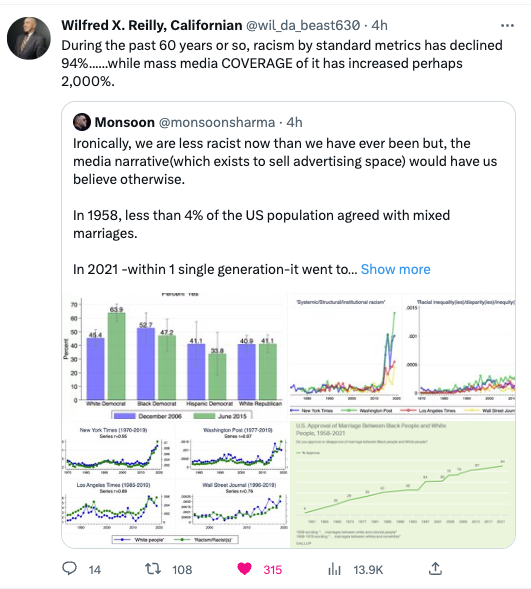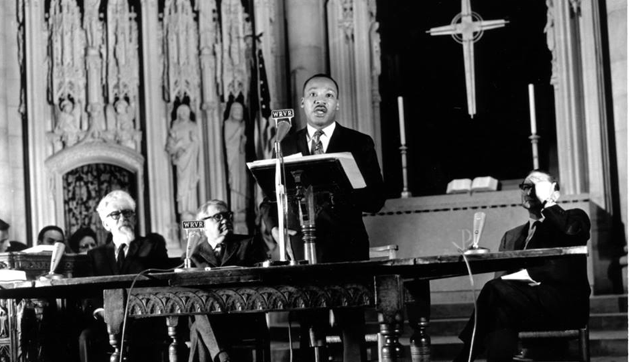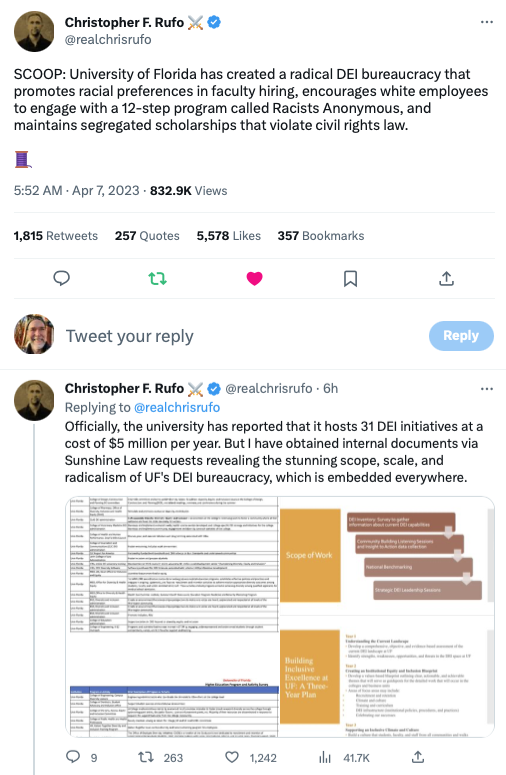“Anti-Racism” Versus Real Life Statistics
Modern "antiracism" (= CRT = Wokeness) is the opposite of Civil Rights. Dividing people by "color" is as absurd as trying to do surgery with a chainsaw. It also ignores the progress shown by Wilfred Reilly's chart re inter-racial marriage. I abhor any movement that judges people based on immutable traits.




